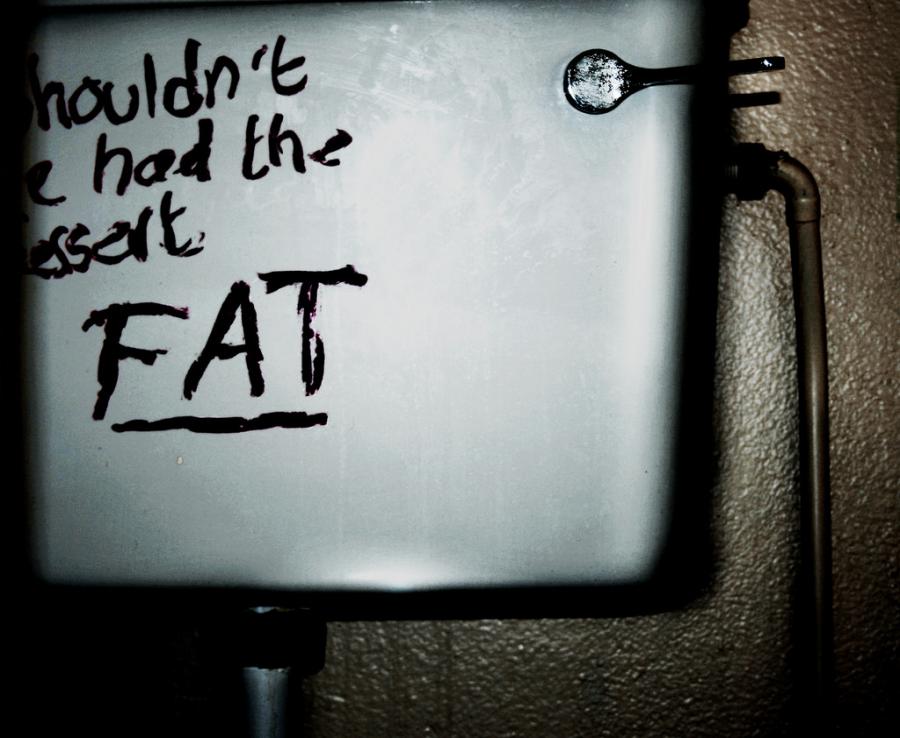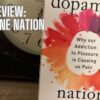Why Eating Disorders Often Lead to an Obsession with Food
Understanding the Paradox
It's often puzzling for many to understand how someone with an eating disorder can be so engrossed with food. Lorraine Pascale, a renowned chef frequently seen on the BBC’s Saturday Kitchen, openly shared her battle with an eating disorder. This revelation might seem contradictory to some, as spending extensive time around food while having an eating disorder appears counterintuitive. However, this obsession with food is deeply intertwined with the nature of eating disorders, showcasing the intricate effects that extend beyond just the act of eating.
The Power of Restriction
At some point in our lives, many of us have tried dieting. Whether the goal is weight loss, maintenance, or a healthier lifestyle, the common thread is restriction. This limitation isn't just about resisting that tempting biscuit; it's a mental barrier we set, marking certain foods as taboo. It's reminiscent of the famous scene in Fawlty Towers where a prohibited topic keeps resurfacing in conversation. Similarly, when food intake is restricted, thoughts about it become more frequent and intense.
For those diagnosed with anorexia nervosa, a condition characterized by extreme food restriction, this fixation can take on peculiar forms. An intense desire to be close to, yet avoid, food is common. It's not unusual for individuals with anorexia to gather recipes, indulge in food-related articles, watch cooking shows, or even prepare meals for others that they won't consume themselves.
Decoding the Obsession
Two primary reasons can explain this heightened focus on food among those with eating disorders:
1. Survival Instincts
The brain, in its attempt to signal a starving individual, reminds them of the need to eat. From an evolutionary standpoint, this is beneficial. It ensures we don't forget our essential need for nourishment. A study by American physiologist Ancel Keys post World War II revealed that starved individuals became consumed with thoughts of food. This obsession only waned once they regained adequate body fat. The profound impact of food deprivation was evident when three participants from this study chose culinary careers.
2. Quest for Control
The second reason delves into the emotional realm. Many individuals with eating disorders seek control, often stemming from an emotionally turbulent environment. Controlling food intake becomes a way to attain a semblance of order and mastery. Preparing food and resisting the urge to eat it can bolster their self-worth and provide a sense of empowerment. They derive pleasure from food in an almost voyeuristic way, observing others enjoy it.
The Cognitive Toll
This fixation isn't exclusive to those with eating disorders. Anyone adhering to a restrictive diet can attest to the mental exhaustion it brings. Research has shown that successful dieters, those who resist the allure of tempting foods, often underperform in cognitive tasks. In contrast, those who give in to their cravings fare better. This suggests that the mental energy expended in resisting food can compromise other cognitive functions.
Early Influences and Food Obsessions
Our early interactions with food can shape our relationship with it in adulthood. A study revealed that children who were offered food as a reward by their mothers were more prone to overeat during stressful times compared to those whose mothers adopted less controlling feeding practices. Being conditioned to view food as a source of comfort early on might predispose individuals to food obsessions later in life.
The Journey of Recovery
Overcoming an eating disorder is a challenging journey, often marked by relapses and prolonged recovery periods. For many, even after recovery, food retains a unique significance in their lives.
NOTE: There are hypnotherapists who specialise in assisting people with eating disorders. If you're in Melbourne, then I recommend contacting me and I can place you in touch with someone we can recommend. As someone who has seen people battling an eating disorder, I know first-hand what this condition can do and felt it was important to share information about it on my site. Discussion equals knowledge and knowledge equals power.
You may also like to read:
Bullying In The Workplace
OUTthink Now Has a Home On Facebook
Book Review: Healing The Shame That Binds You
Book Review: The Happiness Trap





